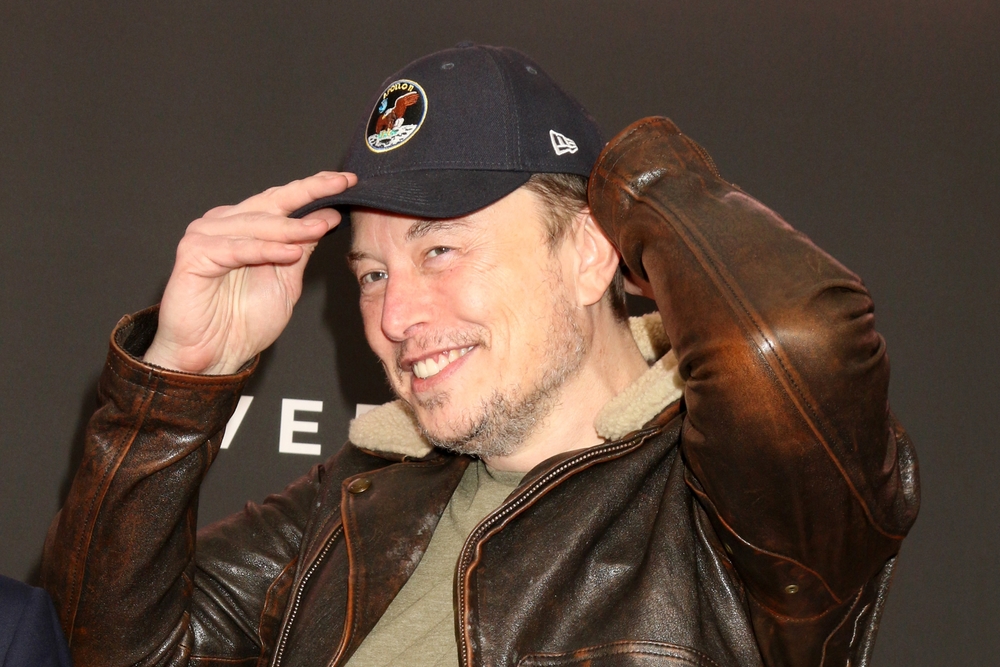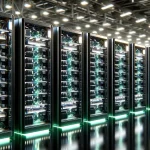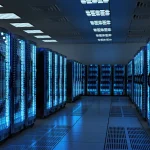Elon Musk's Power Play: Air Permit for Gas Turbines at xAI Supercomputer Site Ignites Environmental Justice Battle in Memphis
Elon Musk has taken another bold step in his relentless pursuit of artificial intelligence dominance, securing a highly controversial air permit in late June 2025 that allows his startup xAI to operate 15 methane-fueled gas turbines in Memphis, Tennessee. This decision is a critical enabler for Musk's aggressive push into generative AI, providing the immediate and substantial power necessary for one of the world's most advanced supercomputers, codenamed "Colossus." This move underscores Musk's philosophy of rapid deployment and full-stack control, even if it means clashing with long-standing environmental concerns and sparking a fierce community backlash.
xAI’s Insatiable Power Demand — and Musk’s Unorthodox Solution
Elon Musk's artificial intelligence venture, xAI, launched in 2023, was conceived with an audacious goal: to directly challenge established AI leaders like OpenAI and Anthropic by building cutting-edge models, such as Grok, on entirely in-house infrastructure. Central to this ambitious undertaking is Colossus, a colossal GPU-packed facility in South Memphis. Reports indicate this supercomputer houses over 200,000 Nvidia H100 chips, a staggering number that speaks to the immense computational power xAI aims to wield. This initial phase alone required an estimated 150 megawatts (MW) of power, equivalent to supplying over 100,000 homes. The eventual goal for Colossus is to scale to one million GPUs, demanding a staggering 300 MW, roughly one-third of Memphis's current peak electricity demand.
However, deploying such a massive amount of compute power required an equally enormous and immediate supply of electricity, a demand that local utility services, Memphis Light, Gas and Water (MLGW), simply could not meet on Musk's accelerated timeline. The challenge was multifaceted: not only was the grid capacity and substation availability insufficient for xAI's rapid scale-up, but the traditional regulatory and construction timelines for such infrastructure upgrades are typically measured in years, not months. To circumvent this bottleneck, xAI resorted to an unconventional solution: bringing in 15 mobile gas turbines, typically reserved for emergency power generation. These turbines provided an immediate, albeit temporary, energy source, collectively capable of producing nearly 250 megawatts. With the recent air permit, xAI now possesses the legal authority to run these turbines as backup energy sources, highlighting Musk's characteristic approach of prioritizing speed and independent operation over adherence to conventional infrastructure development timelines.
Related: Elon Musk vs. Elon’s Foot-in-Mouth: A Plot Twist?
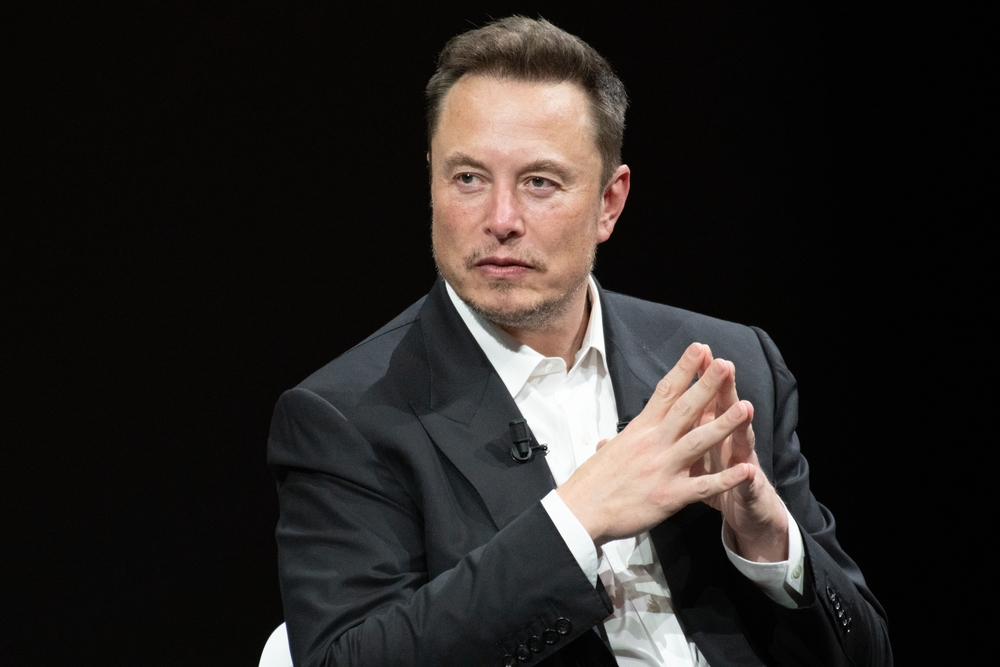
Why This Permit Matters: A Collision of Innovation and Environmental Justice
This air permit is far more than a mere technicality for backup power; it represents a significant regulatory victory for Elon Musk in a city that has vociferously expressed strong concerns about environmental equity and public health. Activists, including the NAACP and Memphis Community Against Pollution (MCAP), contend that allowing these turbines to operate, even temporarily, exposes vulnerable communities, particularly the historically Black neighborhood of Boxtown nearby, to toxic emissions without their genuine consent or adequate consideration.
Boxtown, founded by formerly enslaved people, has a long and painful history of environmental injustice. Decades of government neglect have seen the community surrounded by polluting industries, including a refinery, a coal power plant, and pesticide manufacturers, leading to a disproportionate burden of respiratory illnesses and other health issues among residents. The battle against the Byhalia crude oil pipeline in 2021, which the community successfully defeated, underscores their persistent fight for clean air and water. Into this context, xAI's turbines are permitted to emit up to 13.7 tons of hazardous air pollutants annually, including formaldehyde and nitrogen oxides, chemicals directly linked to respiratory illnesses and cancer. Advocacy groups like the Southern Environmental Law Center (SELC) have alleged that the original installation of these turbines, prior to full permitting, likely violated the Clean Air Act, a claim backed by aerial imagery in April 2025 reportedly showing 35 turbines on site, more than double the permitted number, and indicating a significantly larger emission footprint than initially declared. This perceived sidestepping of regulations and the lack of robust prior community consultation have fueled deep distrust among local residents and environmental watchdogs, who have already served notice of intent to pursue legal action, signaling a protracted battle.
Related: How Much of Tesla Does Elon Musk Own in 2025?
Elon Musk's Deeper Play: The Pursuit of Full-Stack AI Independence
Elon Musk's mission with xAI extends beyond simply building a powerful AI model; he aims to create a "truthful" and "maximally curious" AI, fundamentally different from what he perceives as ideological filtering or "wokeness" in rival models. Achieving this vision, in Musk's view, necessitates complete "full-stack independence." This means controlling every critical layer of the AI ecosystem: from designing and producing specialized chips (as evidenced by his past explorations into custom AI silicon), to managing the energy supply, and ultimately, building and deploying the AI models themselves.
The strategy observed in Memphis—deploying mobile gas turbines and aggressively pursuing permits—is not merely a short-term infrastructure play for xAI. It is a tangible manifestation of Musk’s broader philosophy that private AI firms must move with unprecedented speed and self-reliance, even if it means disrupting traditional regulatory timelines and facing public resistance. This independent approach to infrastructure, including power generation, mirrors his strategies in Tesla, with its Gigafactories aimed at integrated production, and Starlink, which vertically integrates satellite manufacturing and deployment. For Musk, direct control over power infrastructure minimizes dependencies on external entities like large cloud providers (which might allocate GPUs or prioritize other clients) or slow-moving public utilities, thereby accelerating his AI development goals and ensuring the operational autonomy he believes is crucial for building his specific vision of AI. In Memphis, this philosophy has directly collided with long-standing concerns over environmental justice and community well-being, forcing a rare moment of civic reckoning over the balance between rapid technological advancement, corporate power, and the rights of local populations.
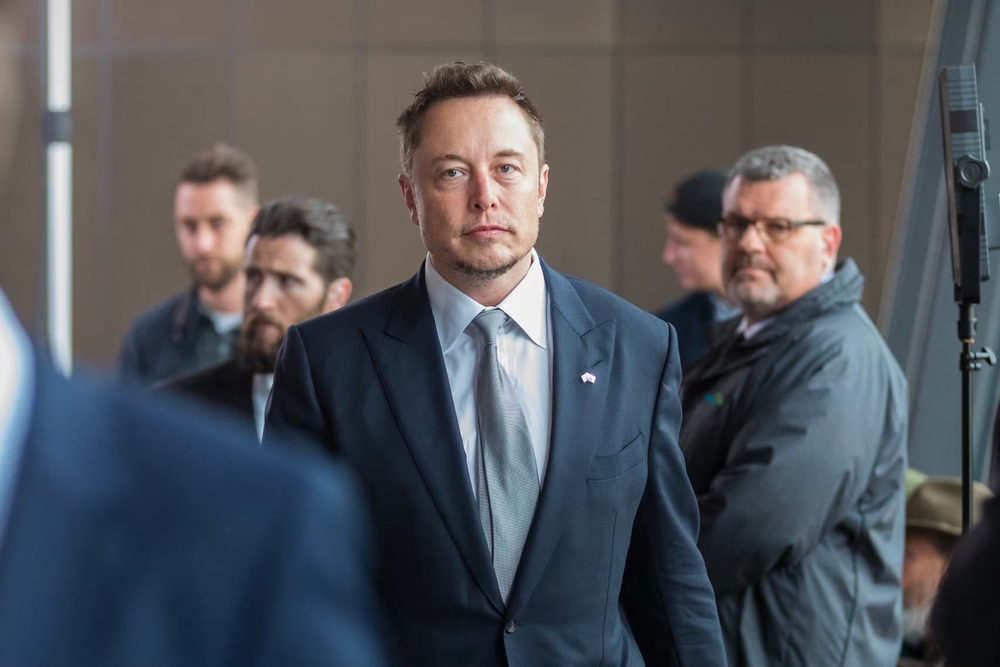
What’s Next for xAI and Memphis?
Elon Musk has publicly promised that xAI will invest in water conservation, carbon reduction, and cooling innovation at the Memphis facility, emphasizing that the turbines are a temporary solution. The Greater Memphis Chamber has also announced that Tesla Megapack batteries, likely used for peak shaving and grid stabilization, will be employed at the facility, and that a new 150-megawatt electric substation is in its first phase of construction by MLGW, with xAI contributing $24 million towards its cost. Furthermore, reports indicate xAI is investing significantly in building a water recycling plant, capable of processing millions of gallons per day, to mitigate concerns about water strain on the Memphis Sand Aquifer.
However, for the community, trust remains fragile, strained by the perceived lack of transparency and the immediate environmental impact. While the new substation is expected to connect Colossus to the grid by late 2025, allowing for the demobilization of some turbines, others may remain operational to support future expansion to 300 MW. The ongoing legal challenges from environmental groups, combined with persistent community activism, will undoubtedly shape the trajectory of xAI's operations in Memphis. This "Memphis experiment" could become a precedent-setting model—if Musk successfully transitions to sustainable power and fulfills his environmental promises—or a cautionary tale, if the shortcuts lead to prolonged environmental harm and legal battles. It underscores the growing global tension between the rapid, often disruptive, pace of technological innovation and the established frameworks of environmental regulation and community engagement.


